Speaker
Description
In our research, we aimed to uncover the causes leading to the destruction of thin, carbon-backed lithium fluoride (LiF) targets in Li-7 and O-17 fusion measurements. To achieve this, we estimated theoretically the lifetimes of carbon and LiF films, taking into account the effects of sputtering, thermal evaporation, and lattice damage, and compared them with the lifetime observed in the experiment. During the experiments, surface silicon barrier (SSB) detectors were used to detect elastically scattered target and beam ions, allowing for the monitoring of beam flux and target density degradation.
The investigation revealed that the primary causes of this destruction were not the expected factors of sputtering yields and thermal evaporation rates, which were found to be too low to significantly impact the target's integrity. Instead, lattice damage emerged as the main culprit behind the target breakdown. Lattice damage was analyzed by calculating displacements with Monte Carlo simulations, and target lifetimes were evaluated. The target lifetime due to lattice damage agreed well with the observed target lifetime during the experiment. For experiments that utilize thin LiF targets to trigger nuclear reactions, this research proposes strategies for estimating the lifespan of the LiF film, thereby optimizing the experimental protocol for enhanced efficiency.
| Scientific Topic 6 | Radiation damage to materials |
|---|

